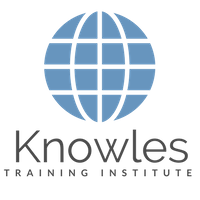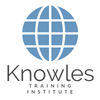Skip to content
Active RecallIntern1bksiuevej76kHhK
Active Recall
Active Recall: Mastering Knowledge Retrieval for Deeper Learning
-
- Cultivating Metacognitive Strategies: Active recall cultivates effective metacognitive strategies. By consciously monitoring and evaluating their own learning process, individuals can identify which retrieval techniques work best for them and adapt their approach accordingly.
- Enhanced Problem Solving Abilities: Recall that is active improves problem-solving skills. By actively retrieving relevant information and applying it to solve complex problems, learners develop analytical thinking skills and become more adept at finding innovative solutions.
- Promoting Meaningful Connections: Active recall promotes the formation of meaningful connections between concepts. By actively retrieving and integrating information from different areas, learners develop a more comprehensive understanding of the subject matter and recognize relationships between related ideas.
- Retrieval as Active Learning: Active recall transforms retrieval into an active learning process. Rather than passively reviewing materials, learners actively engage with the content, strengthening memory and deepening their understanding through the act of recall.
- Overcoming Interference: Active recall helps overcome interference and strengthen memory. Regular retrieval practice strengthens memory traces, making it easier to differentiate between similar concepts and reducing the risk of interference or confusion.
- Facilitating Peer Learning: Active recall can be utilized in peer learning environments. By engaging in group retrieval activities, learners can benefit from collaborative discussions, gain multiple perspectives, and reinforce their understanding through active knowledge sharing.
- Promoting Transferable Skills: Active recall develops transferable skills beyond the specific subject matter. The ability to actively retrieve information and apply it in different contexts enhances critical thinking, problem-solving, and knowledge application across various domains.
- Promoting Deep Understanding: Active recall fosters a deeper level of understanding. By actively engaging with information and retrieving it from memory, learners go beyond surface-level memorization and develop a richer comprehension of the underlying concepts.
- Harnessing Retrieval Cues: Active recall utilizes retrieval cues to enhance memory retrieval. By associating specific cues with information during the retrieval process, learners create additional pathways to access the stored knowledge, improving recall accuracy.
- Improving Time Management: Active recall improves time management during study sessions. By focusing on targeted retrieval practice, learners can efficiently allocate their time to areas that require reinforcement, maximizing the effectiveness of their study time.
Page load link



